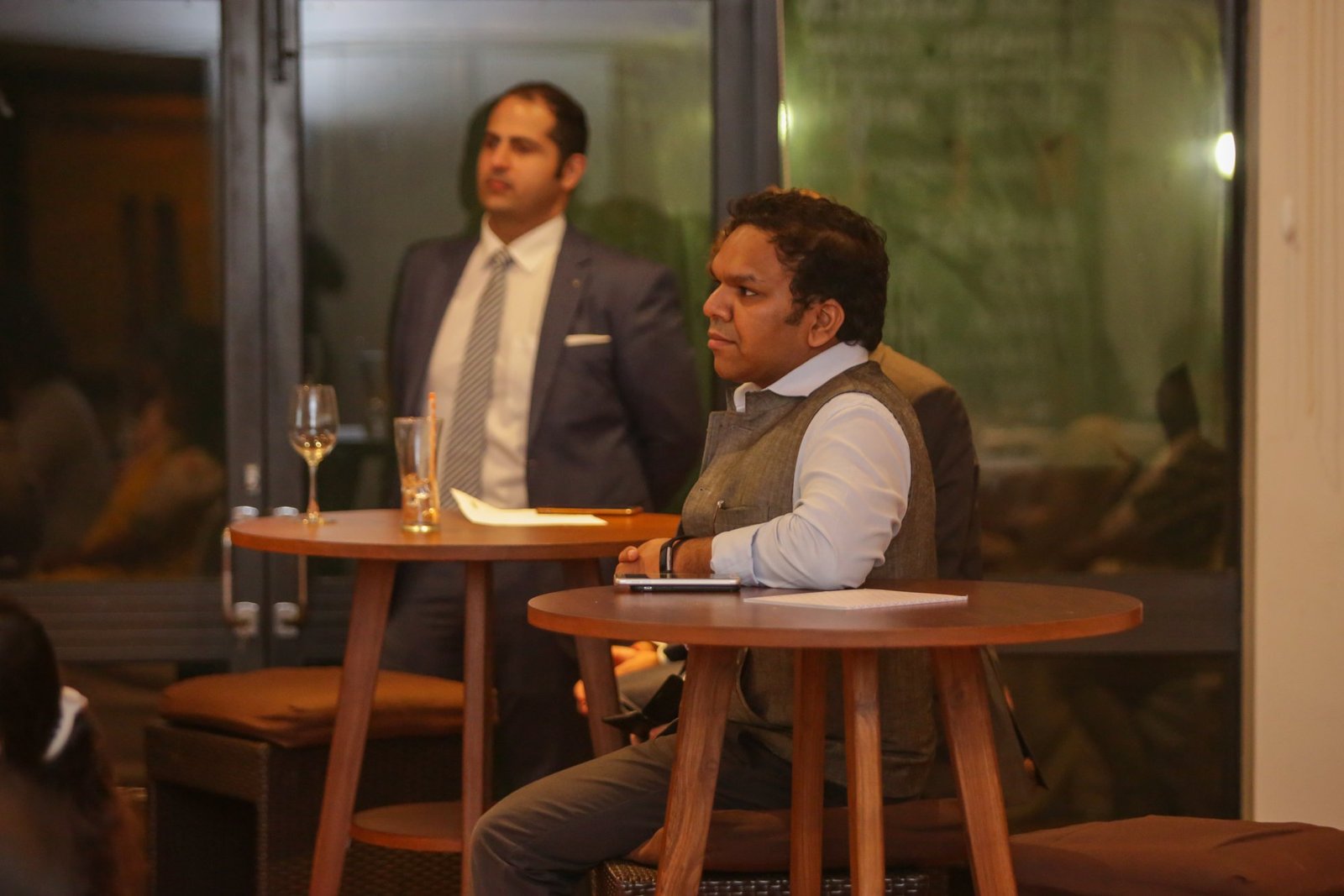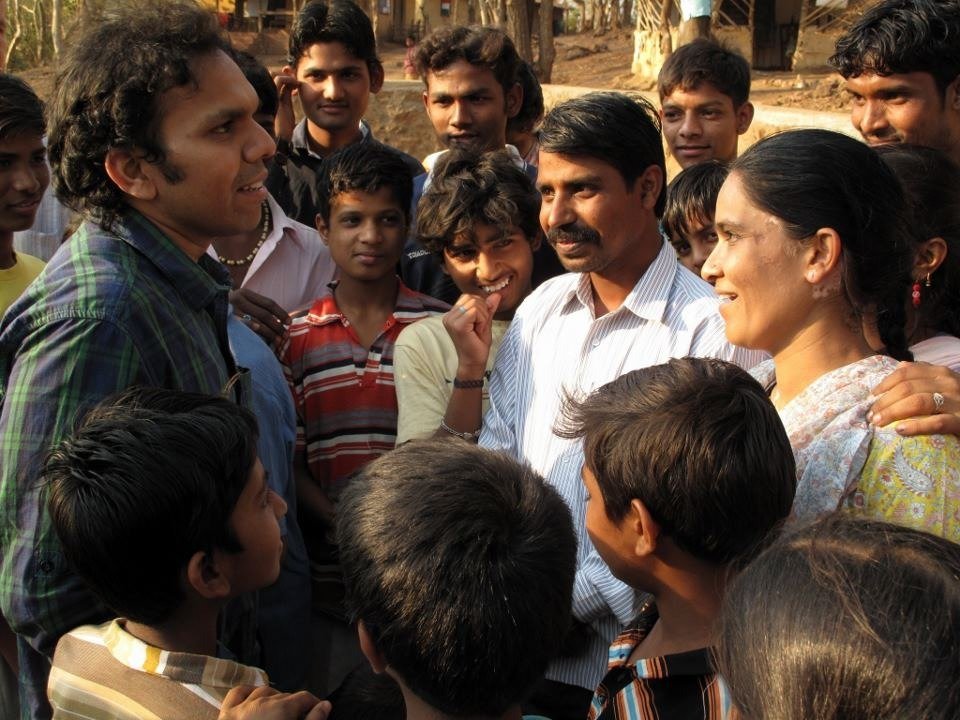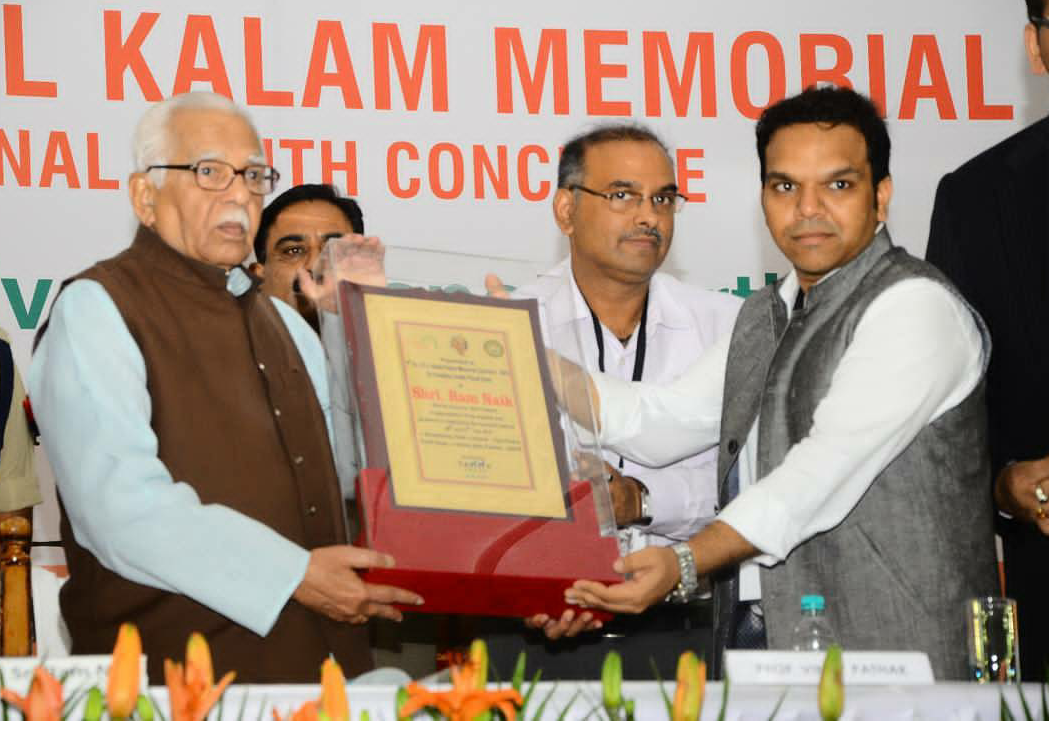An IIM Ahmedabad Gold-Medallist (2009) who worked initially with the Boston Consulting Group and United Nation’s World Food Programme. He left the international corporate career then and worked as an Advisor and Officer on Special Duty (OSD) to the 11th President of India, Dr. APJ Abdul Kalam from 2009 to 2015. He was associated with the Indian Institute of Space Sciences and Technology (IIST) – a research and education venture of ISRO.
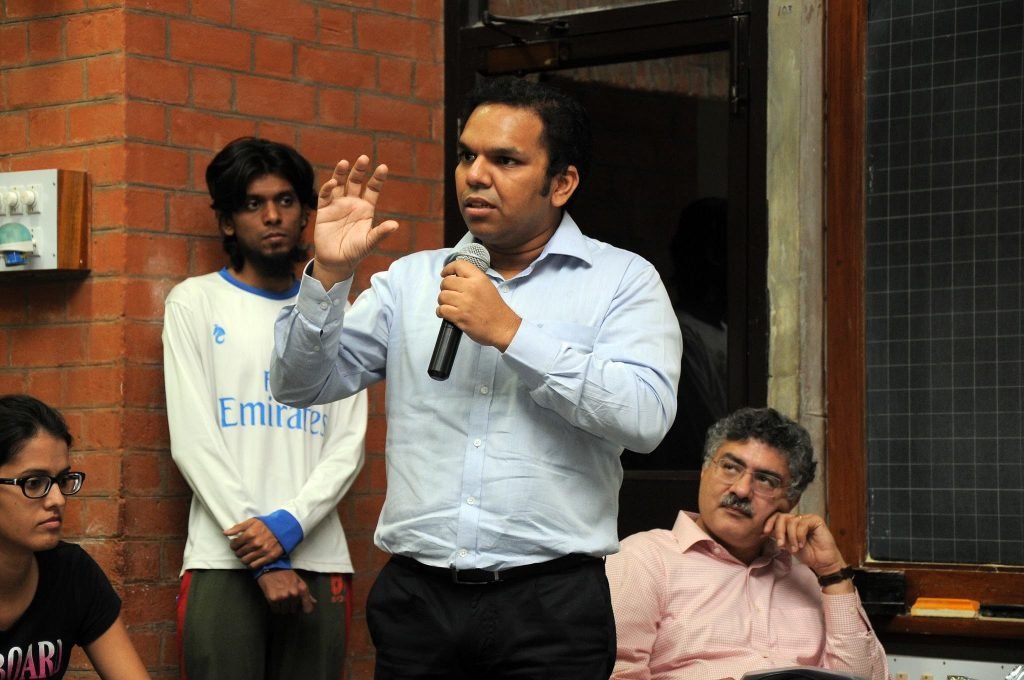

With Dr. Kalam he was instrumental in designing the PURA (Providing Urban Amenities in Rural Areas) scheme, the Space-Based Solar Power Project, he also worked as advising the 11th President on Koodanakulum Nuclear Power Plant, Neutrino-Technology for Society, the What Can I Give Mission and many other schemes which are of national and international repute. He was instrumental in bringing various PURA complexes across India, benefiting over 12,000 villages in total, across on a single knowledge platform as envisioned by Dr. Kalam. The PURA policy now operates under the name of Dr. Shyama Prasad Mkherjee National RURBAN Policy, on whose Advisory Board, he was nominated as a member of, by the Government of India.
From 2013-15, he was roped in by the Government of Gujarat as an advisor for the Loha Campaign for the Statue of Unity. He continued as advising the Gujarat Chief Minister on Innovation and Technology. The Government of Uttar Pradesh nominated him as a Mentor for its Rs. 1,000 crore (Rs. 10 Billion) state startup policy. He is also nominated as a Board Member for the Maharashtra Government’s Center for Innovation and Progressive Regulation under the
Maharashtra Water Regulatory Authority. He is also in the governing council of Institute for Management Studies, Ghaziabad.
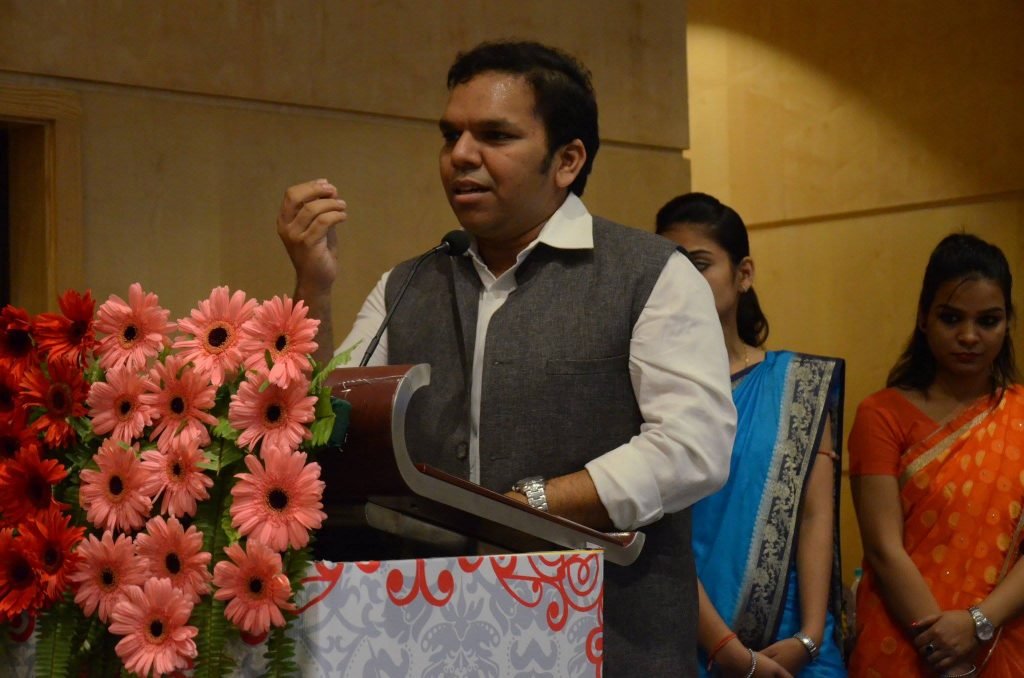
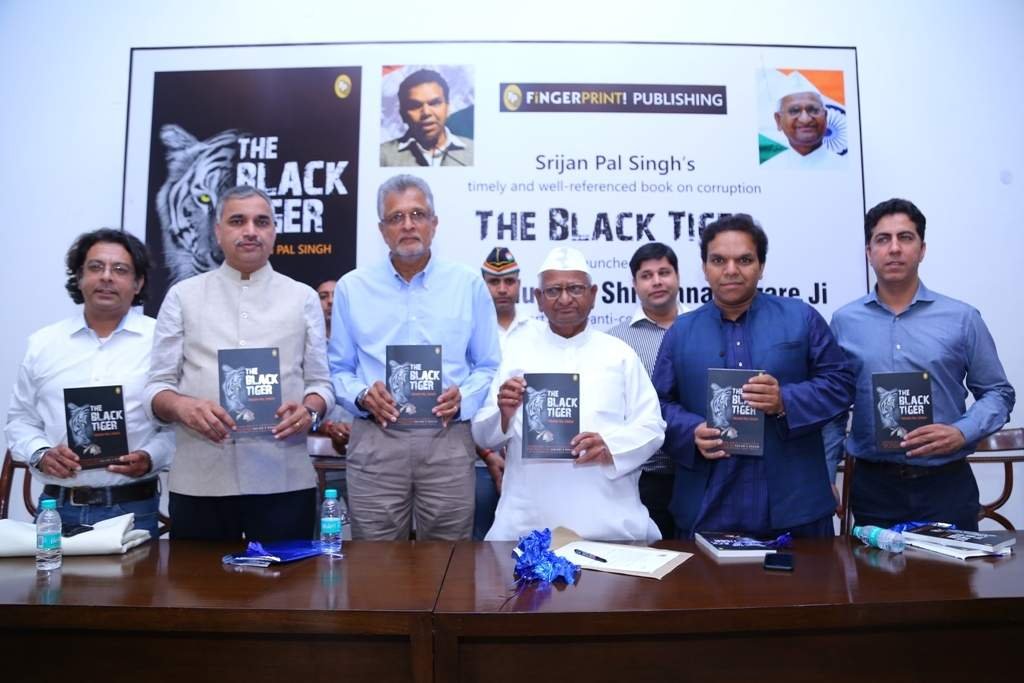
He has written 15 books, including three as co-author with Dr. Kalam. His books have sold more than 400,000 copies and been translated in 12 different languages. In 2012, Dr. A.P.J. Abdul Kalam and Srijan Pal Singh founded the Kalam Foundation where Srijan was appointed as the Managing Director by President Kalam. After Dr. Kalam’s demise in 2015, Srijan continued his vision through the Kalam Centre. For his commitment to the missions of Dr. Kalam, he is often regarded as the intellectual successor of Dr. Kalam. He is also a member of the Research Board of the Deendayal Research Institution founded by Nanaji Deshmukh and whose first Chairman was Bharat Ratna Atal Bihari Vajpayee.
The Kalam Centre runs 450+ free libraries across India in fourteen states catering to the most marginalized sections of the society. He also runs a free multilingual animation lab for producing content on multimedia for underprivileged children in multiple languages. He founded the Kalam Bharat Fellowship where over 600 teachers have been recruited to act as auxiliary teachers across 300 government schools and children correction centers across India, directly providing training in emerging skills to over 250,000 children from disadvantaged communities.
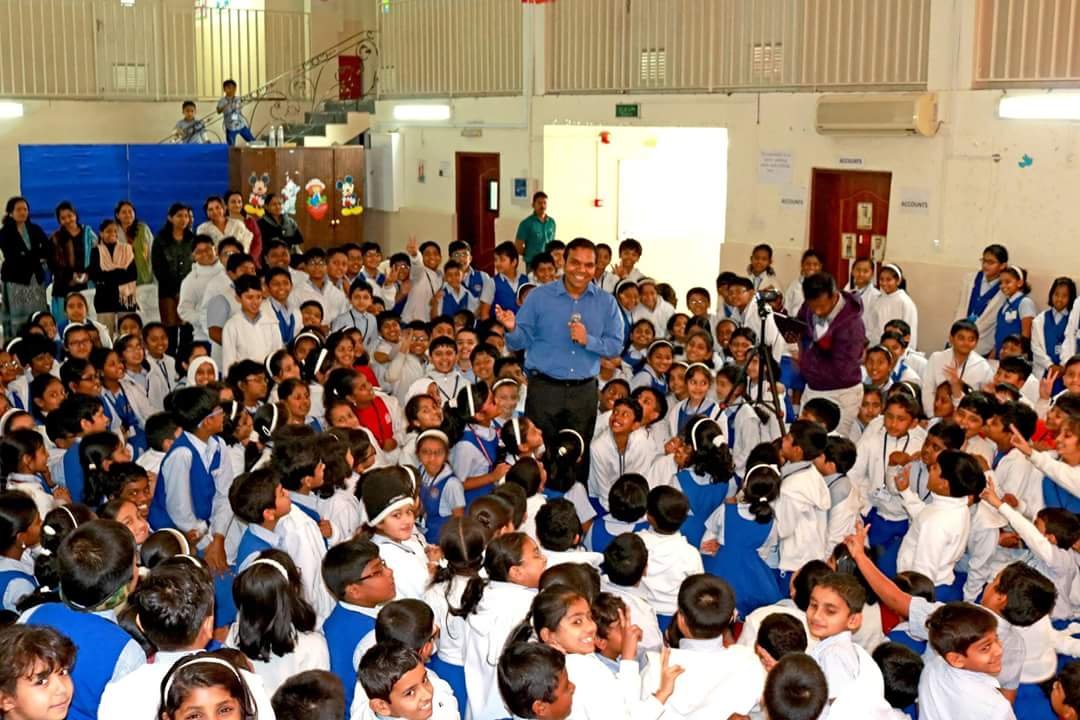
He is the Founder and CEO of the world’s first future learning lab — Homi Lab. Through its unique courses, to date over 1,000 students from 11 different countries have been trained to the next generation of pioneers – who will walk on Mars and those who will cure the planet and humankind.

The Kalam Centre runs 450+ free libraries across India in fourteen states catering to the most marginalized sections of the society. He also runs a free multilingual animation lab for producing content on multimedia for underprivileged children in multiple languages. He founded the Kalam Bharat Fellowship where over 600 teachers have been recruited to act as auxiliary teachers across 300 government schools and children correction centers across India, directly providing training in emerging skills to over 250,000 children from disadvantaged communities.

He is the Founder and CEO of the world’s first future learning lab — Homi Lab. Through its unique courses, to date over 1,000 students from 11 different countries have been trained to the next generation of pioneers – who will walk on Mars and those who will cure the planet and humankind.

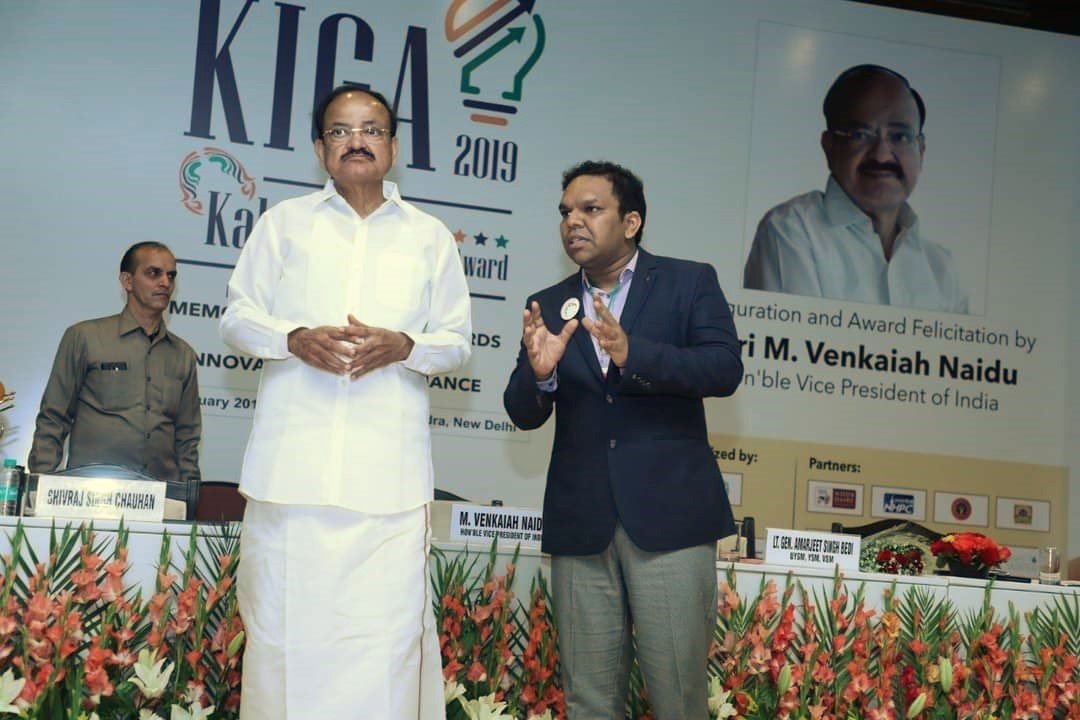
In collaboration with the United Kingdom Centre for Astrobiology, University of Edinburgh, he started the UKCA Mars Mission India project where Indian students are getting the opportunity to be a part of global leaders working in making technological products for Martian living by 2035. This has become a crucible where experts from European Space Agency, NASA and Australian Space Agencies regularly gather to ponder on how to make extraterrestrial living possible. The project is one of the pioneering ones in the world and operates in an underground facility 2.5 kilometers below the surface where some of the most cutting edge scientific missions aiming two decades into the future are initiated.
